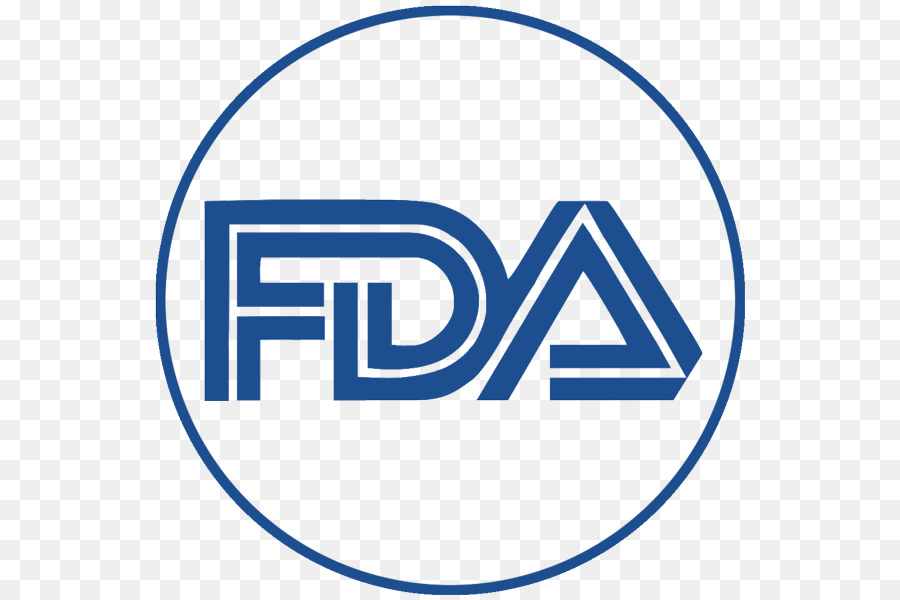Table of Contents
The Food and Drug Administration (FDA) oversees the regulation of over-the-counter (OTC) drugs to ensure they are safe, effective, and properly labeled for consumer use. OTC drugs are medications available without a prescription, and their regulation is crucial to public health. The FDA’s OTC drug registration process involves rigorous scrutiny of the active ingredients, labeling, and manufacturing processes. This registration process is essential for manufacturers to bring their products to market while ensuring they comply with established safety and efficacy standards. Understanding the intricacies of FDA OTC registration can help businesses navigate the regulatory landscape and ensure their products meet all necessary requirements.
The Regulatory Framework
The regulatory framework for OTC drugs is grounded in the FDA’s monograph system, a unique and efficient mechanism that sets forth conditions under which OTC drugs are generally recognized as safe and effective. A monograph is essentially a rulebook covering acceptable ingredients, doses, formulations, and labeling requirements. If a product adheres to an existing monograph, it does not need pre-approval from the FDA before marketing. However, for drugs that do not fit within these established guidelines, manufacturers must undergo a more rigorous New Drug Application (NDA) or Abbreviated New Drug Application (ANDA) process. This framework ensures that consumers have access to safe and reliable OTC medications without unnecessary delays or regulatory burdens.
The Registration Process
The registration process for OTC drugs involves several key steps, beginning with product formulation and testing. Manufacturers must first ensure that their product’s active ingredients are included in the relevant FDA monograph. They must also conduct necessary safety and efficacy tests, which may include clinical trials depending on the product. Once the product formulation is finalized, manufacturers must ensure that labeling meets FDA requirements, which include specific directions for use, warnings, and claims. The final step involves the electronic submission of the product listing to the FDA’s Drug Registration and Listing System (DRLS). This submission must include detailed information about the product, its formulation, and its intended use. Successfully navigating these steps is crucial for bringing an OTC drug to market.
Challenges and Considerations
Navigating the FDA OTC registration process can be challenging, particularly for new or small manufacturers. One significant challenge is staying up-to-date with evolving FDA regulations and monograph updates. The FDA periodically reviews and updates its monographs to reflect new scientific data and emerging safety concerns. Manufacturers must remain vigilant and adaptable to these changes to ensure ongoing compliance. Additionally, understanding the nuances of FDA labeling requirements can be complex, as improper labeling can lead to regulatory actions or product recalls. Another consideration is the cost associated with the registration process, including the costs of testing, compliance, and potential legal consultations. Despite these challenges, thorough preparation and a deep understanding of the regulatory landscape can significantly ease the registration process.
Conclusion
The FDA OTC registration process is a critical component of ensuring public access to safe and effective over-the-counter medications. By adhering to the regulatory framework, conducting thorough testing, and ensuring proper labeling, manufacturers can successfully navigate the complexities of FDA registration. While the process presents various challenges, staying informed and prepared can mitigate these difficulties. Ultimately, the FDA’s stringent requirements serve to protect consumers and maintain the integrity of the OTC drug market, fostering trust and safety in the products available to the public. Understanding and complying with these regulations is essential for any manufacturer aiming to succeed in the competitive landscape of OTC medications.FDA OTC Registration

